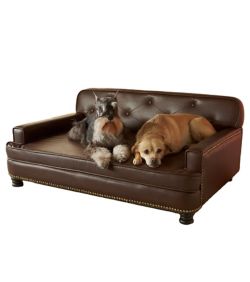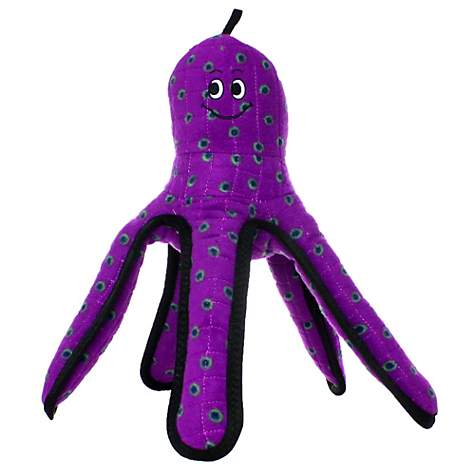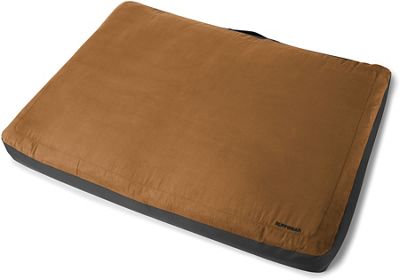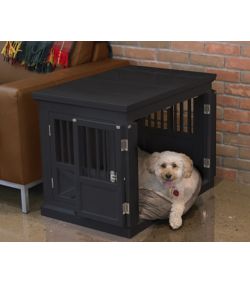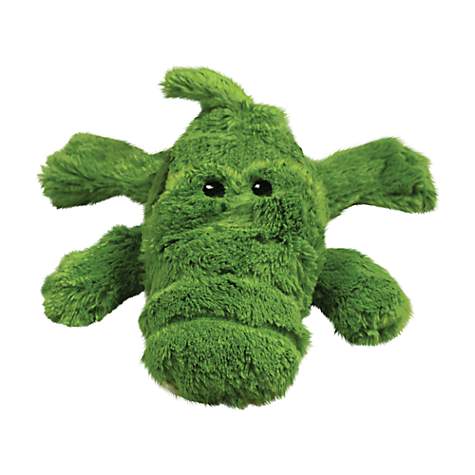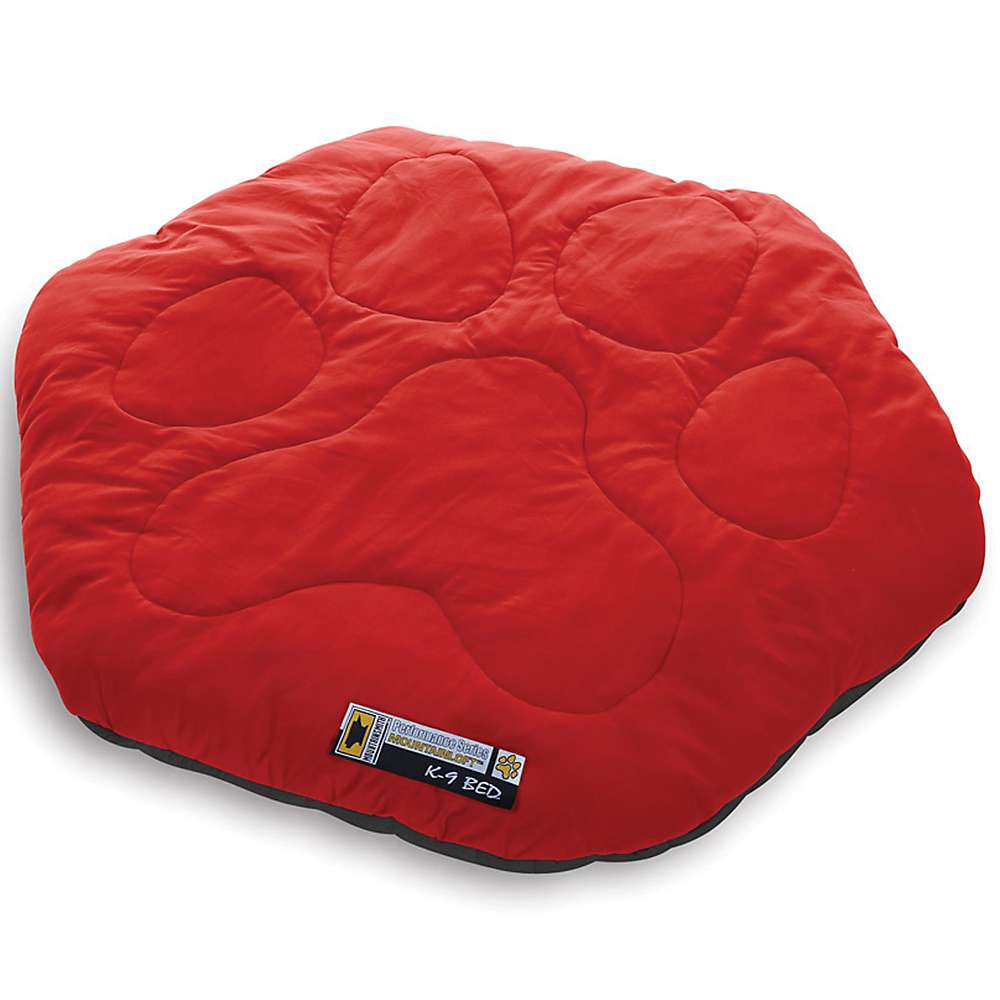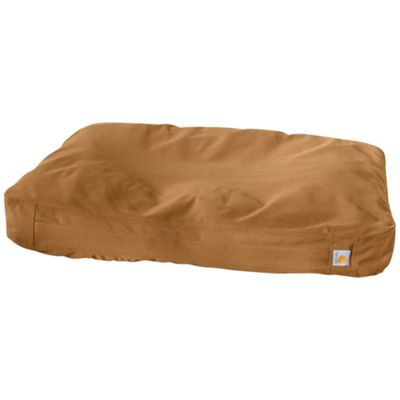This was published in the fall 1997 Malamute Quarterly. We had had received several calls from people who were told Alaskan Malamutes make terrible housedogs ...We don't think so...
Malamutes Make Great Housedogs
By Cindy O'Malley
Lately we've received many calls from potential Malamute owners who were told by someone "Malamutes don't make good housedogs" or "while you're at work he should be kenneled outside to keep your house from being destroyed." This is rarely true with a dog that is socialized and raised properly. Having six housedog Malamutes, that are never left outside, we are aware of the challenges in having Malamutes in the house. Our Malamutes LOVE being in the house. On hot summer days they can be cool, on rainy days they're dry, on winter days they hang out in the yard when we get home. Any time we're not home we don't have to worry about kids teasing them, someone stealing them, or wonder if they've escaped or been poisoned or are disturbing the neighbors howling. They stay clean and we never have a problem with fleas or flies. We know they are safe in our home, Malamutes can be terrific housepets, have good manners, and will respect your property.
Of course, like any dog, they are not naturally this way, you must teach them proper house manners. Perhaps this is the problem. The teaching is best started when the puppies are only a few weeks old. Whether they are heaven or hell in the home depends on the environment your breeder provided before you took the puppy home. Many puppies never leave the whelping box or a featureless tiled room before you get them. Some never had toys except newspaper and each other to play with. After weaning they are separated from their mothers who return to the kennels where they live. A housedog Morn can teach house manners if she has them herself, a kennel dog may not know the fine points. Will a puppy from this setting ever be reliable in the house? Maybe If puppies are raised in a family setting, allowed to explore carpeting and furniture, discover extension cords and potted plants, learn "NO" as early as five to seven weeks, and have Morn to watch and learn from too, they will. Puppies have a great capacity to learn, but they can only learn if taught. Before your puppy goes home it is the breeder's responsibility to get them off to a good start. Once in their new home, it's YOURS. For working Malamute owners, this is especially difficult and will take much time and work to have a reliable housedog. Most people don't realize you have a six month window of opportunity to teach a house dog manners, after that, it's more difficult, at best.
Crating is fine when used carefully, but a puppy crated eight or more hours a day is not learning anything. He is merely being "kept on hold" until you can teach him the rules. If the six months goes by and you haven't taught him what is permissible and what isn't, you deserve the dog you get. It's helpful to remember puppies are like infants those first six months, and you wouldn't leave an infant alone in an unstimulating environment that long. When you're home he should have supervised (repeat SUPERVISED) run of the entire house. When you're at work, one option is a "destroy-proof" puppy proof room or area.. Take out anything the puppy can eat, chew or otherwise get into trouble with. Gate it off from not-so-safe areas.. Leave his open crate available, and only confine him to it if you will be gone a short time. If you work, enlist a friend to come in and play with the puppy and let him out to relieve himself until he is older. Mostly, stock the room with MANY safe toys. Booda bones, large rawhides, and other safe chewies. The secret to great Malamute housedogs is a LOT of toys.
Some Malamutes will gut and destroy a stuffed animal (a potential upholstery destroyer), others will shred squeekies (a plastic/small objects destroyer). Worse, some will eat the pieces. Others like wood mouldings, corners, even doors. Others will merely cuddle and hold their toys. You NEED to know what kind of Malamute you have and plan accordingly. A stuffed animal destroyer NEEDS something to "hunt" and "gut" occasionally, to use these instincts. Perhaps a garage sale stuffed toy can be gutted when you're available to supervise. Do NOT let him eat the pieces. Allow him his OWN toys to shred. He is not allowed to touch your stuff. Eventually the "thrill" will lessen and he'll destroy his toys less and less often. Tempting wood to chew should be regularly sprayed with bitter apple or a similar product. When an older puppy no longer destroys stuffed animals very often, or when he does, he only destroys his own toys and DOESN'T eat the pieces, it may be OK to see if he is reliable for short periods. A puppy that still chews squeekies into shreds or guts stuffed animals will often find something else to chew – like furniture and objects in the home. At first you must be there to always correct with a firm "no" or scruffshake when he finds something he shouldn't chew. Then hand him his toy or take him to his toybox and give him an allowed toy to play with. When left alone, his "room" should not have anything in it he usually destroys, or he may learn destroying is an OK alternative when separation anxious. You want any toy destruction to be done when you are THERE so he doesn't associate it with his separation anxiety. His area should only contain toys he can find pleasure in destroying. Some Malamute puppies are quite reliable at six months, others will no be reliable with total freedom until three years.
As time goes by, occasionally test by allowing him a little more freedom of the house by closing doors to rooms that contain too many temptations. Give him his freedom SLOWLY! If he back slides and gets into trouble, go back and start over. You are going too fast.
Let him socialize with Malamutes he gets along with well when you are home, but each Malamute should have a "private space," such as an open crate for your Malamute or a high place for a cat. Do NOT let him be with any Malamute either has aggression problems with. As he gets older, they may come to terms with each other and may be safely left alone together, but their differences must be worked out when you are there. NEVER allow two Malamutes that have fought or intimidated one another with you home, to be alone together.
You must get to know your puppy and his idiosyncracies. Ours eat bath soap, so we always put it on a high ledge. If you cannot be flexible and work with your dog as an individual by keeping him safe and limiting temptations, you shouldn't have a dog, much less a Malamute in your home. You must be ready to investigate at any unusual noise in another room (he was probably stealing the soap). Put trash out of reach unless you can be around to correct. Keep food off countertops unless you are THERE. Don't allow the kids to keep food in bedrooms or toddlers to drop french fries between the sofa cushions. If you do, you will turn your growing Malamute pup into a food rummager. He will forever think there just MAY be a treat hidden if he just looks long enough for it. Put away valuables or anything your puppy may be interested in when he is first left in a new area. Usually most won't get into trouble the first day, but may wait a day or two to see what happens when I chew up Morn's expensive what-cha-ma-call-it. Don't leave this stuff out!
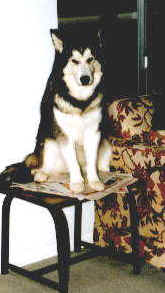
A big help is a window the puppy can look out when he wants to. This will alleviate much boredom. As house dogs, Malamutes are calm and with proper training place a high value lends itself to nothing but perfect manners), so he will soon learn what is expected of him. But he is a Malamute, and will discover those rules you don't enforce strongly taking advantage of them. As he matures, you may occasionally leave the trash down (as long as nothing unsafe is in it) and see what happens. If he leaves it alone, praise him profusely that he was such a good dog. If he gets into it, point out his transgression and voice your displeasure, but put it up next time and wait longer. Housetraining a Malamute is like training any puppy, there are many good books on how to do it.
If he marks in the house, it is very important it is cleaned up immediately with an enzyme product that will eliminate all traces of his mark. You must also make it clear to him you don't like finding his marks in the house. NEVER punish the dog when you didn't see him do it, but you CAN point to the mark and scold without touching him. He knows his scent and will understand you weren't real happy about it being there. With some males it may take a few more attempts before he realizes you don't want them ANYWHERE except outside. An easier alternative is neuter your Malamute at six to eight months before the desire to mark becomes strong and save yourself some grief. Dominant Malamute bitches may also mark those areas they feel are "theirs" and the same rules apply. Often closing off those parts of the house for a few days will help a marking bitch get the point that "Gee, maybe I don't own that part of the house after all."
Puppy females tend to follow the alpha female (human) around the house, learning her routine, and male puppies will follow the alpha male. Unless you have an older well-trained dog, that alpha is YOU. Before you acquire a second Malamute, be sure the first has perfect house manners or you will only compound your problems. The first dog will not suddenly improve, but will more likely teach the puppy bad habits. Often the first dog will take a hand in teaching the puppy the "house rules." If you don't have an older dog, YOU are your puppy's role model. Allow your pup to see you dig in the garden, your pup will think it's OK. Be aware of things you do that are doggie "no's" and be ready to correct. Alpha may be allowed to look for an accidentally thrown out bill in the trash, but puppy is not allowed to! Our girls seem to think it's their job to "clean off the dinner table" after dinner because I do. We apparently didn't make that point clear from the start, so it's much more difficult now. Keep doggie dinner times consistent. A hungry Malamute waiting for a late dinner is more likely to rummage the trash can or unlatch the refrigerator. Don't allow him to dig outdoors if you don't want him digging in the sofa cushions. (Digging is digging!) Ours have a penchant for bathroom wastebaskets and the paper products in them. Sometimes it's just easier to remove the problem than frustrate yourself attempting to train them to ignore it. We gave up long ago and got bathroom trash cans with lids and put them under the sink. If you don't want him on the sofa or bed, NEVER allow it, even once. But remember, like you he enjoys comfort too. He sees you, Supreme Alpha sitting there and wants to be like you. You are his role model. He will always test so don't be surprised when you return home to a furry chair. If hair is a big issue, it's a good idea to use throws on the good furniture - just in case.
Same as with children, a well-mannered dog takes work on your part. Don't forget to make his life interesting when you can - take him along to explore new and different people and things, Then the "stuff" he discovers in your home will not seem near as neat to rummage by comparison. Above all, you must constantly be aware you must provide consistency and clear rules. Malamutes are great housedogs, but it's up to you to make him one. Unlike some breeds that are less inquisitive, less curious, less opportunistic, your Malamute will be all those things. A cake left on the countertop and no one home is an invitation. Remember his heritage. He survived by his wits in the Arctic and if allowed to will do it in your home. It is up to you to allow him a safe, interesting puppyhood so that he will be well mannered in your home. He can't do it alone. He needs your guidance.
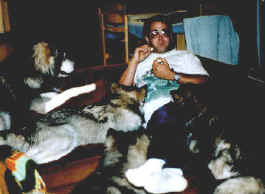
Typical housedog activity - mooching.




